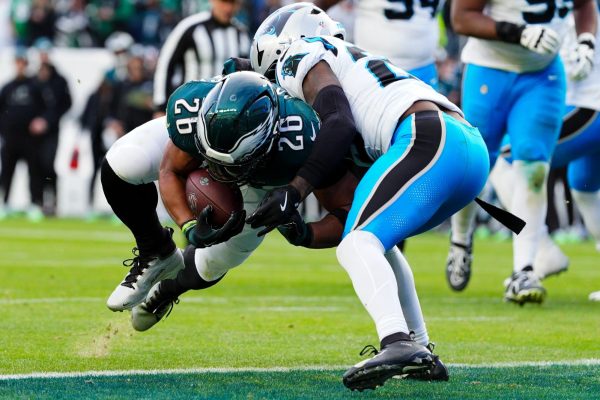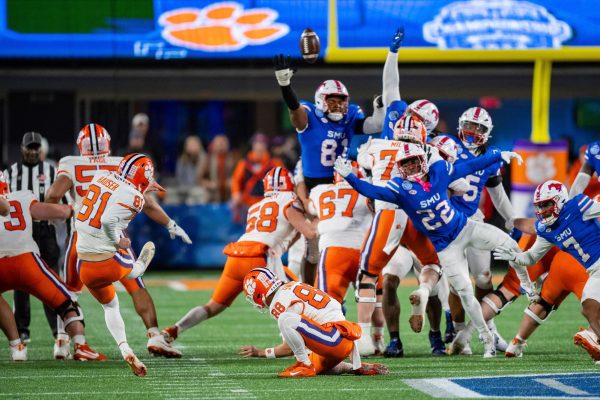Dissecting the Sports Dynasty
When Hank Steinbrenner commented recently on the apparent complacency of the New York Yankees, using a somewhat poorly chosen metaphor of players building mansions (don’t worry Jeter, he’s not talking about your new 31,000-square foot Florida shack, really), it got me thinking. No, not just about what I would do with 31,000 square-feet and Derek Jeter, but about the natural cycle of the rise and fall of sports dynasties. Much like political dynasties, there is really no conclusive cause-effect chart to determine why dynasties end (Professor Cooper, bonus points for using history?). Players get old, competitors crop up with new, better talent and inevitably the crown is passed. But what about the dynamics within a championship team – does complacency really arise and end dynasties? Let’s find out.
Of course, I am going to start my investigation with the Yankees for the very obvious reason that they have more experience with dynasty than just about any other team. Although there are a few dynasties to choose from, let’s look at the Yankees between 1949 and 1964, possibly the greatest era of the team. The victory streak, which included 14 pennant victories and nine World Series rings in 16 years, was inaugurated during Casey Stengel’s first season when the team bounced back from a disappointing 1948 campaign to win the World Series. The end of the dynasty is a little foggier. In 1964, the first year of Yogi Berra’s reign as manager, the club made it to the World Series, but lost in what would be their last championship birth until 1976. As nifty as it may be to claim that Berra was the team’s Yoko Ono, the team had also lost the Series the year before. Also, Stengel was ousted from the managerial post in 1960 after losing in the World Series in favor of Ralph Houk who won his own back-to-back rings in 1961 and 1962. So if it wasn’t a managerial change, and since Marris and Mantle were still around although aging, there must be some force other than roster changes working underneath all these statistics. I would also point out that dynasties are not the norm in baseball. After the Yankees dynasty dissolved in 1964 no clear successor stepped up to the plate, suggesting that the backdrop of year-to-year winning is perhaps more regular, or that at least success on the scale of grand dynasties is harder to come by than seasonal victory.
Alright, since baseball isn’t giving us anything, on to football and the San Francisco 49ers of the 1980s. This is a much tougher example to work with, because the 49ers Super Bowl wins in 1982, 1985, 1989 and 1990 are less concentrated annually than the dynasties of other sports, though the dynasty is legitimate. More can happen and un-happen in four years, like the gap from 1985 to 1989. Plus, because players’ careers are generally shorter in football, this sport is harder to work with when trying to reconstruct clubhouse emotions or team characteristics.
So, let’s abandon the 49ers and move to basketball and the utter domination that was the Chicago Bulls between 1991 and 1998. The team took home top honors six times during that stretch during the era of the great and wondrous Michael Jordan. But again, basketball is a little tricky to work with because its history is built largely in units of dynasty rather than individual season wins. Indeed, between 1959 and 1966 the Boston Celtics won every single championship and the Los Angeles Lakers went three for three between 2000 and 2002 and have won the last two championships. Even in the back and forth of non-dynastic periods, a select group of teams are shown to always be at the top with few exceptions. So if dynasty is the natural state of the NBA, then it’s not really suited to this discussion since a single team’s dynamic is less prominent perhaps than the overarching system of dynastic replacement.
As much as we could talk about the absolute monopoly of the Australian National Cricket Team who have won the ICC Cricket World Cup every year it has been played since 1999 or the Montreal Canadians from 1956-1960, I don’t think these examples are going to help answer our question on complacency and whether it really does affect a winning team’s continued success or not. In the end, I don’t know if there is a way to answer it without waltzing up to Yogi Berra and asking if his team became soft in 1964, hence their overwhelming failure to win. And, if we did, I have a feeling we would get one angry scowl and a comment on how every player on every team, regardless of their history, is in it to win. That being said, the wheel of history turns, players enter and leave the game and yet the same dynasties keep cropping up, only to fall again. And, frankly, if there was not some unseen emotional netting behind this game, sports psychologists would be out of a job and I would have little to speculate about.





